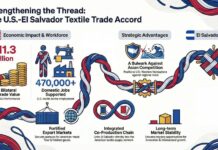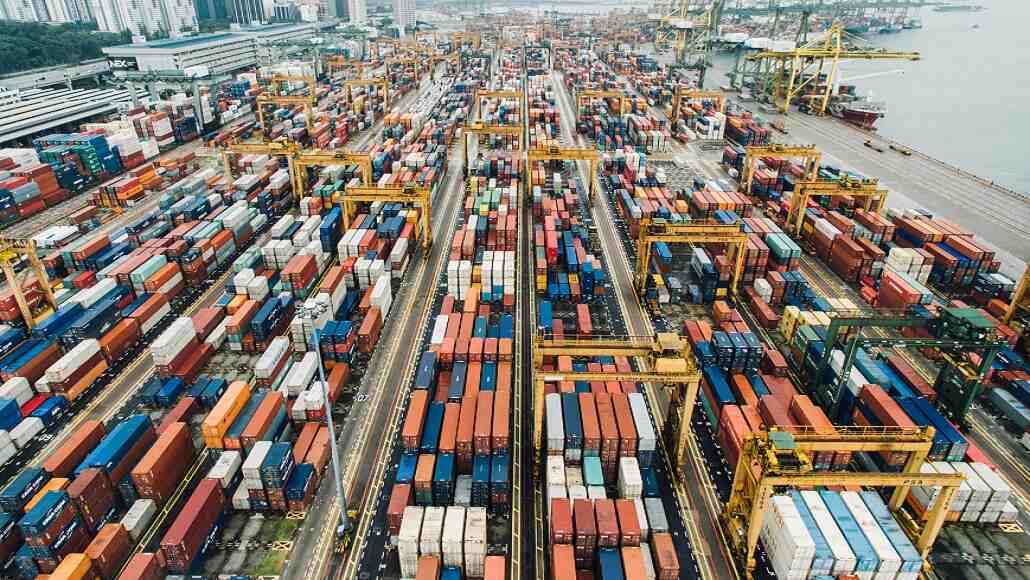In a decisive move to protect the European Union from sudden and disruptive surges in imports, the European Commission has unveiled a new surveillance tool aimed at preventing trade diversion. This initiative responds to the increasing risk of goods being redirected into the EU from high-tariff markets due to tariffs and restrictive measures.
By utilizing customs data, the new system will enable the Commission to swiftly identify significant import surges and take timely actions to mitigate any potential negative impacts on the EU market. The European Commission stated, “Recent turbulence in the global trading system has increased the risk of harmful trade diversion—products diverted from high-tariff markets could find their way to Europe, which is why the Commission is taking strong action.”
In conjunction with this surveillance tool, the Commission is urging EU manufacturers, industry associations, and Member States to analyze the import trend data available on the tool’s website. This collaborative approach is designed to enhance the Commission’s ability to identify specific products that may be at risk due to notable increases in imports.
This surveillance initiative is a key part of Commission President Ursula von der Leyen’s broader strategy to establish an import surveillance task force designed to confront the challenges posed by trade diversion in an increasingly volatile global trade environment. The task force will provide data-driven insights to support decision-making processes and has developed a dashboard that monitors all imports to the EU, identifying products that may experience harmful import spikes since January 1, 2025.
Furthermore, the Commission is initiating dialogue with key trading partners, including China, to proactively monitor and address any emerging trade diversion issues. This proactive stance aims to keep the EU ahead of global trade trends and minimize potential risks.
The implications of this new tool for the apparel sector could be significant. As EU markets face heightened scrutiny for a variety of imported goods, apparel manufacturers may encounter increased regulatory compliance pressures, potentially influencing supply chains and pricing strategies. Industry experts suggest that brands may have to adapt swiftly to these changes to maintain competitiveness and compliance within the evolving regulatory landscape.
As stated by Maros Sefcovic, Commissioner for Trade and Economic Security, “We are the world’s most open market, which is a huge source of prosperity for our people and companies, and we won’t let illegal and unilateral trade measures harm this key strength.” This determination reflects the EU’s commitment to protecting its market while promoting fair trade practices.

































